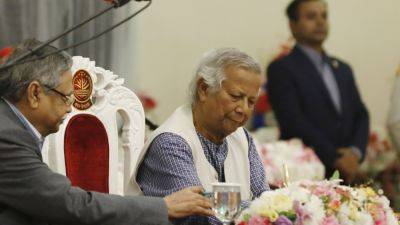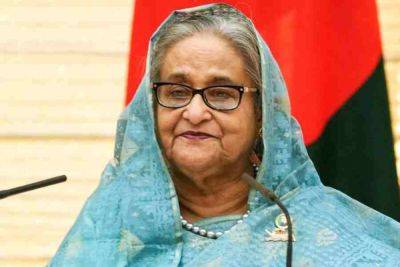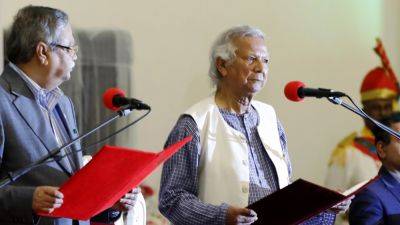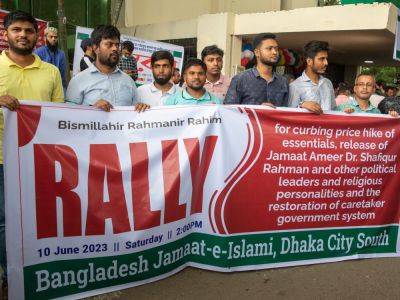Rethinking Bangladesh’s reliance on Chinese arms
This article first appeared on Pacific Forum and is republished with permission. Read the original here.
Recently, reports about the poor quality of Chinese-imported arms and weapons have been on the rise among the Armed Forces of Bangladesh. These issues pose serious threats to military readiness and are detrimental to the national security of Bangladesh.
Beijing is proving to be an unreliable source of military hardware, which has serious consequences for the efforts to modernize the Armed Forces of Bangladesh (AFB). Against such backdrops, Dhaka must seriously consider its overreliance on Chinese weapons and initiate efforts to diversify defense imports to fulfill its desired “Forces Goal 2030” to modernize the AFB.
The recent collapse of the authoritarian regime of Sheikh Hasina and the introduction of fresh and rejuvenated leadership in Dhaka led by Nobel laureate Dr. Muhammad Yunus makes the requirement of diversification of arms imports a vital defense priority.
Therefore, steps must be taken by the relevant policymakers in Dhaka to look outside of the dragon’s armory. Already, efforts to increase weapons import from allies like India and Turkey have been accelerated.
Yet, these are not enough. Dhaka should strategically target its arms imports from friendly Western states like US, UK, and France who are already established arms exporters. It must also look into emerging arms manufacturers with whom it has warm economic and political ties, like South Korea and Japan.
Absence of significant indigenous arms manufacturing
Bangladesh is the second-largest destination of Chinese weapons, according to the latest data published by the Stockholm International Peace Research Institute (SIPRI).
Chinese armaments account







